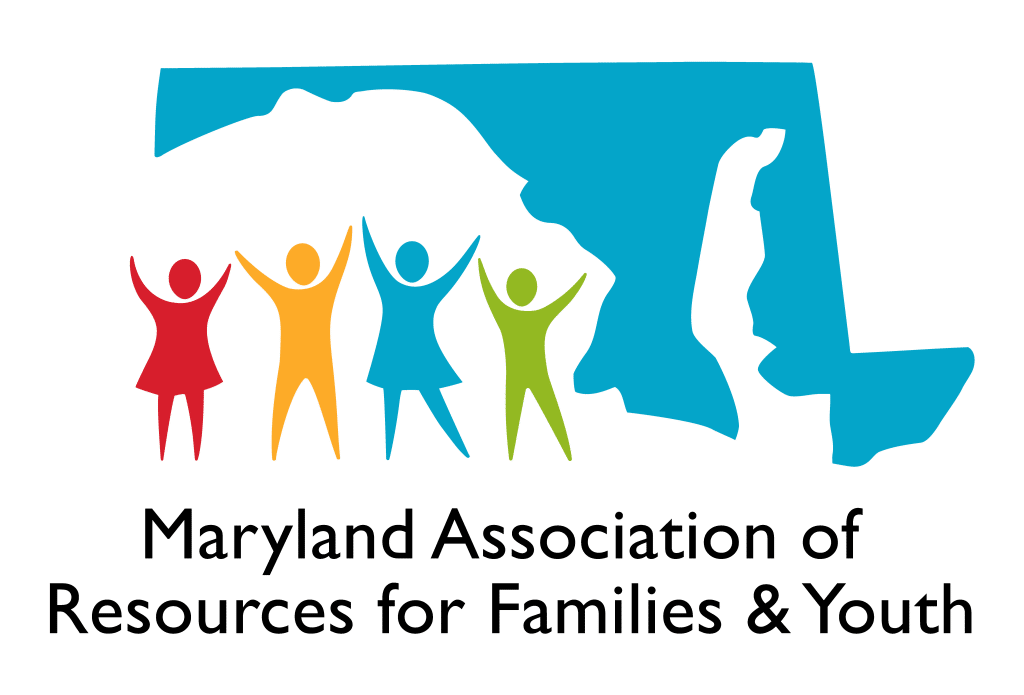The Maryland Nonprofits office will be closed on Friday, June 19, 2020, in observation of Juneteenth.
The Juneteenth holiday celebrates the emancipation of enslaved people in the United States. On June 19, 1865 – two and a half years after Abraham Lincoln proclaimed the emancipation of enslaved people would become effective – African Americans in Texas finally learned the Civil War was over and that they were free.
Maryland Nonprofits encourages our colleagues in the nonprofit sector to honor Juneteenth. While 1865 ended slavery in the U.S., we recognize that there is tremendous work to do to end systems of oppression and create an equitable society where Black lives are valued, honored, and celebrated.
We begin by learning about systemic racism in the United States. Here are some resources we recommend:
|
|
Article White people assume niceness is the answer to racial inequality. It’s not. While most of us see ourselves as ‘not racist’, we continue to reproduce racist outcomes and live segregated lives |
|
Article In a picture-is-worth-1,000-words kind of way, this image simplifies the profound difference between equality and equity. From this picture people have actually begun to understand that treating everyone equally doesn’t lead to equity, and in fact, equal treatment often perpetuates and justifies racial hierarchies. Yes, this picture has taught us a lot. But, it’s time to move on. |
|
Article The Case for Reparations. Two hundred fifty years of slavery. Ninety years of Jim Crow. Sixty years of separate but equal. Thirty-five years of racist housing policy. Until we reckon with our compounding moral debts, America will never be whole. |
| Video July 2016 By Franchesca Ramsey Responses to four commonly-asked questions about Black Lives Matter.
|
|
Video Is systemic racism really a thing? Yes — and Race Forward has produced a video series to show how racism shows up in our lives across institutions and society in many ways. |
|
Article DETOUR SPOTTING for white anti-racists – Racial Equity Tools For white people living in North America learning to be anti‐racist is a re‐education process. We must unlearn our thorough racist conditioning to re‐educate and re‐condition ourselves as anti-racists. |
|
Article This is a list of characteristics of white supremacy culture that show up in our organizations. Culture is powerful precisely because it is so present and at the same time so very difficult to name or identify. The characteristics listed in this article are damaging because they are used as norms and standards without being proactively named or chosen by the group. They are damaging because they promote white supremacy thinking. |
|
Essay/Book Excerpt “White people in North America live in a social environment that protects and insulates them from race-based stress. This insulated environment of racial protection builds white expectations for racial comfort while at the same time lowering the ability to tolerate racial stress, leading to what I refer to as White Fragility.” |
|
Resource Guide/Webpage RACISM 101: understanding race and racism Racism is a word that is widely used and yet often carries many different meanings depending on who is using it. If we want to work together effectively for racial justice, and we do, we need to be clear about what racism is, how it operates, and what we can do to end it. |
|
Documentary Film (Streaming on Youtube) Combining archival footage with testimony from activists and scholars, director Ava DuVernay’s examination of the U.S. prison system looks at how the country’s history of racial inequality drives the high rate of incarceration in America. |
|
Film (Streaming for Free in June 2020) “Just Mercy” is based on the powerful and thought-provoking true story of young lawyer Bryan Stevenson (Jordan) and his history-making battle for justice. After graduating from Harvard, Bryan had his pick of lucrative jobs. Instead, he heads to Alabama to defend those wrongly condemned or who were not afforded proper representation, with the support of local advocate Eva Ansley (Larson). One of his first, and most incendiary, cases is that of Walter McMillian (Foxx), who, in 1987, was sentenced to die for the notorious murder of an 18-year-old girl, despite a preponderance of evidence proving his innocence and the fact that the main testimony against him came from a criminal with a motive to lie. In the years that follow, Bryan becomes embroiled in a labyrinth of legal and political maneuverings, as well as overt and unabashed racism as he fights for Walter, and others like him, with the odds—and the system—stacked against them. |











